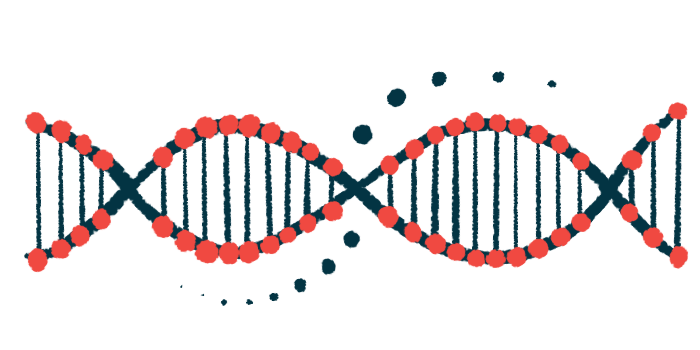Study highlights ways to diagnose rare genetic diseases in adults
Strategic approach needed, with continual re-evaluation, per researchers
Written by |

Comprehensive testing and continual re-evaluation of available data are needed to diagnose adults with rare genetic diseases, a new study from researchers in South Korea highlights.
“Our findings emphasize the importance of a strategic approach [to a rare disease diagnosis] in adults, especially those with known family history and symptoms that commence in childhood,” the team wrote, noting that this “might potentially shorten the diagnostic odyssey and facilitate personalized care” for patients.
Their study, “Implementing genomic medicine in clinical practice for adults with undiagnosed rare diseases,” was published in the journal npj Genomic Medicine.
Disorders like AADC deficiency individually are very rare, but collectively, rare diseases are more common — some estimates posit that more than 1 in 20 people around the world lives with a rare disease. Getting an accurate diagnosis is essential to allow appropriate management of rare diseases, but correctly identifying these conditions can be clinically challenging, with patients often facing long delays and complex journeys to getting the right diagnosis.
The Korean Undiagnosed Diseases Program (KUDP), launched in 2017, is an ongoing effort in Korea that aims to help people with undiagnosed disorders get an accurate diagnosis. In this study, scientists at the KUDP shared their experiences working on the diagnostic journey in adults.
Several rare diseases patients found to have newly identified genetic mutations
Their study covered 232 adults who had obvious disease symptoms but no clear diagnosis. About half of these individuals were suspected of having a genetic disease, based on factors like a family history of biological relatives with similar symptoms.
To provide diagnoses, the patients were given comprehensive medical evaluations, and underwent detailed genetic testing. Ultimately, 66 individuals were diagnosed with a rare genetic disease, and another 12 were diagnosed with rare nongenetic diseases.
The final diagnosis was established after identifying causative genetic variants, considering inheritance patterns, conducting familial studies, and thoroughly correlating genotypes with phenotype [clinical presentations]. … These results highlighted the importance of considering diverse genetic variations for diagnostic success.
The researchers noted that most of those diagnosed with a genetic disorder had originally been suspected of having a genetic disease. However, there also were several patients who were originally thought to have nongenetic conditions but were ultimately diagnosed with genetic diseases.
“The final diagnosis was established after identifying causative genetic variants, considering inheritance patterns, conducting familial studies, and thoroughly correlating genotypes with phenotype [clinical presentations],” the researchers wrote, adding that “these results highlighted the importance of considering diverse genetic variations for diagnostic success.”
Another noteworthy takeaway from the genetic diagnoses in this study is that several patients were found to harbor genetic mutations that have only very recently been reported to cause disease. This finding “emphasizes the critical role of continuous reanalysis of genomic data with the latest updates in databases,” the researchers wrote.
The scientists also highlighted the importance of using multiple types of genetic analysis to diagnose certain conditions. For example, traditional genetic sequencing works by figuring out the sequence in many short stretches of DNA, then using a computer to line up all the sequences in order. This can be highly effective for identifying changes in the genetic code, but it may miss diseases where small sequences of DNA get repeated or deleted.
Other technologies can catch those types of changes, however, so it’s often necessary to apply different types of analyses to get a definitive answer, the team noted.
“Our study highlights the value of advanced genomic technologies … in diagnosing adults with neurological disorders,” the researchers wrote.






